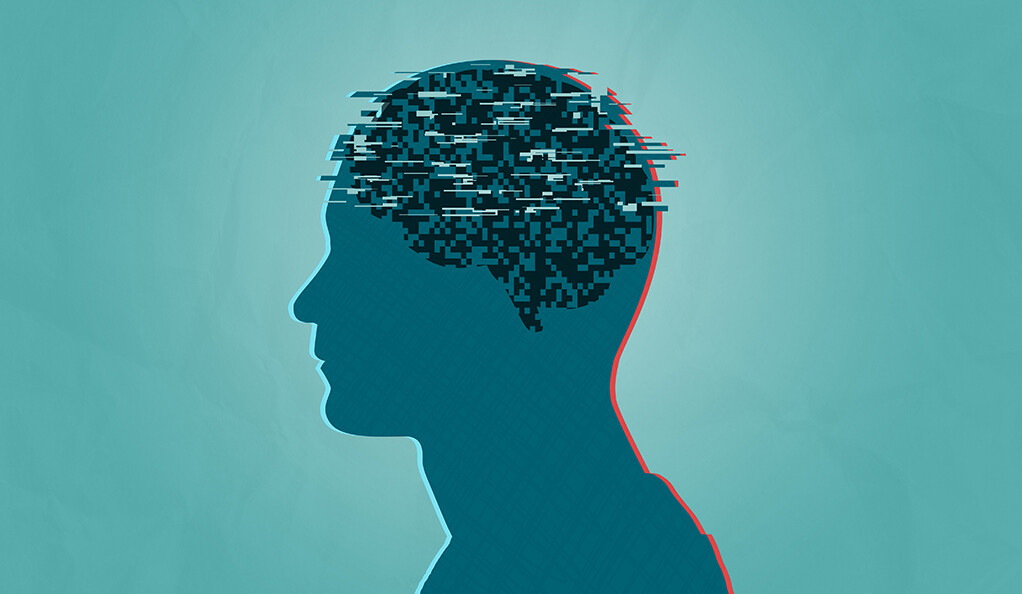Published by Boston University, new findings in Psychological Medicine unveiled a new neurocognitive subtype of posttraumatic stress disorder (PTSD).
The study looked at a sample of close to 300 veterans, the majority of which were men. The participants had completed neuropsychological tests, along with fMRI scans to establish any relationship between PTSD, brain functioning, and cognition.
“The current study aimed to determine if subtypes of PTSD, based on normative-based cognitive dysfunction across multiple domains, have unique neural network signatures,” said the authors of the study in the journal article.
“At the network level, PTSD symptom severity was associated with reduced negative coupling between the limbic network (LN) and frontal-parietal control network (FPCN), driven specifically by the dorsolateral prefrontal cortex and amygdala Hubs of Dysfunction. Further, this relationship was uniquely moderated by executive function (EF).”
“These results suggest that poor executive functioning, alongside LN-FPCN dysregulation, may represent a neurocognitive subtype of PTSD,” according to the authors of the study.
The study was published online on April 21st, 2021.


